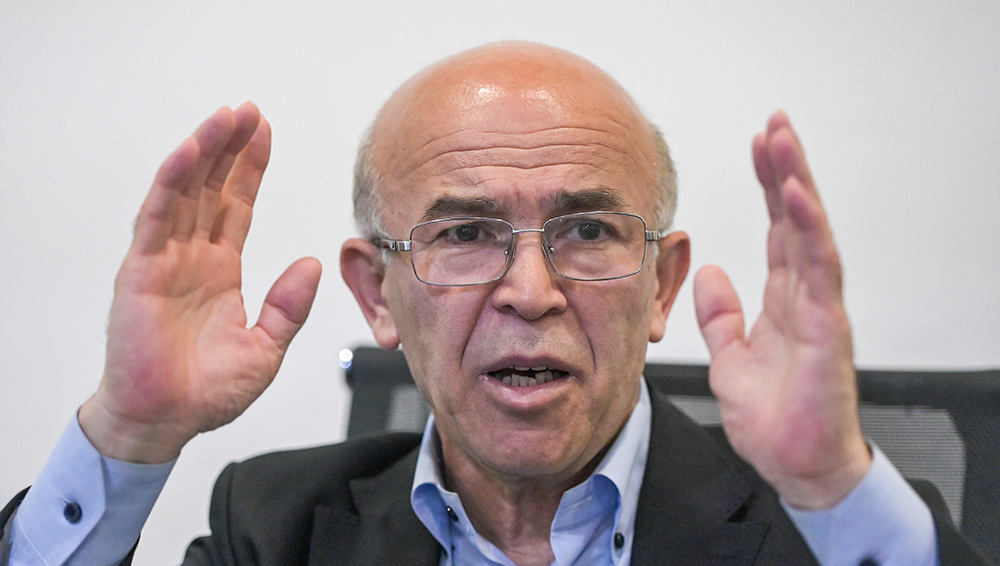UHRP Director Prepares Remarks Highlighting Baren Uprising as a Precursor to Genocide

April 5, 2023 | 10:00 a.m. EST
For Immediate Release
Contact: Omer Kanat +1 (202) 819-0598, Peter Irwin +1 (646) 906-7722
The Uyghur Human Rights Project (UHRP) Executive Director prepared remarks for an online event this week with the Center for Southeast Asian Studies (CSEAS) in Indonesia on the 33rd anniversary of the Baren Uprising, an early example of state violence targeting Uyghurs.
“These cases of state violence—and there are many, many others—were a precursor of today’s genocidal policies,” said UHRP Executive Director, Omer Kanat.
“As we call for an end to the intense repression of Uyghurs, we must also seek justice for the people unjustly killed by state violence in Elishqu, in Luchkun, in Hanerik, in Baren Township, and hundreds of other cases across the Uyghur homeland.”
On April 5, 1990, demonstrations in Baren, near Kashgar, became known as the “Baren Uprising.” State violence broke out as government security forces tried to forcibly disperse protestors. Uyghur sources estimated that up to 50 protesters were killed, with several shot by security forces as they were fleeing police. Amnesty International called for China to investigate the allegations of unnecessary lethal force.
No investigations were ever opened into deaths during the Baren uprising, nor did the Chinese government investigate subsequent deaths at the hands of security forces in several other notable cases in the years following.
Omer Kanat ended his remarks with a call for the Indonesian government to examine the Uyghur issue and conduct investigations relating to abuses; for Parliament to condemn atrocity crimes committed against Uyghurs; and for Parliament to form a Uyghur Friendship Group to examine and propose policy responses.
